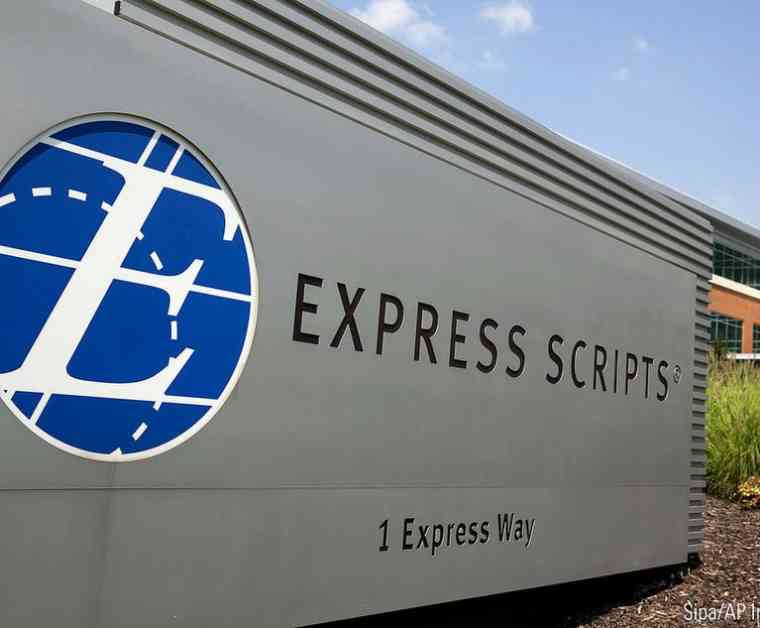Cigna’s subsidiary, Express Scripts Inc., has recently made headlines with its lawsuit against the Federal Trade Commission (FTC) over the agency’s July interim report. The report, which alleges that middlemen in the pharmaceutical industry have contributed to rising prescription drug costs and harmed independent pharmacies, has been vehemently disputed by Express Scripts. The lawsuit, filed in the Eastern District of Missouri, seeks declaratory and injunctive relief to have the report vacated and removed on the grounds that it is “unfair, biased, erroneous, and defamatory.”
Express Scripts’ decision to take legal action against the FTC and its chair, Lina M. Khan, underscores the company’s strong stance against what it sees as false and misleading accusations. The lawsuit highlights the contentious nature of the pharmaceutical industry, where stakeholders often clash over issues related to pricing, competition, and regulatory oversight.
Background of the Lawsuit
The roots of the dispute between Express Scripts and the FTC can be traced back to the release of the agency’s interim report, which was part of a broader investigation into the role of middlemen in the pharmaceutical supply chain. The report, which raised concerns about the impact of middlemen on drug pricing and competition, singled out Express Scripts as a key player in the industry.
Express Scripts, a leading pharmacy benefit manager (PBM), has pushed back against the FTC’s allegations, arguing that the report is based on faulty assumptions and incomplete data. The company has maintained that its practices are in line with industry standards and are designed to benefit both patients and pharmacies.
Express Scripts’ Defense
In its lawsuit against the FTC, Express Scripts has made several key arguments to support its case. The company has emphasized that it plays a crucial role in the pharmaceutical supply chain by negotiating discounts and rebates on behalf of its clients, which include health insurers and employers. These discounts, Express Scripts contends, help to lower overall drug costs and improve access to medications for millions of Americans.
Furthermore, Express Scripts has disputed the FTC’s portrayal of middlemen as profit-driven entities that prioritize their own financial interests over those of patients and pharmacies. The company has pointed to its track record of promoting transparency and competition in the industry, noting that it has implemented various initiatives to enhance pricing accuracy and reduce healthcare costs.
Implications for the Pharmaceutical Industry
The outcome of the lawsuit between Express Scripts and the FTC could have far-reaching implications for the pharmaceutical industry as a whole. The dispute underscores the ongoing tensions between PBMs, regulators, and other stakeholders over issues such as pricing transparency, market competition, and patient access to medications.
If Express Scripts prevails in its legal challenge against the FTC, it could bolster the company’s position in the industry and validate its business practices. On the other hand, a ruling in favor of the FTC could lead to increased scrutiny of PBMs and potentially result in regulatory changes that impact how drugs are priced and distributed.
In the meantime, industry observers will be closely monitoring the developments in the lawsuit between Express Scripts and the FTC, as the outcome could shape the future of the pharmaceutical supply chain and the broader healthcare landscape.















